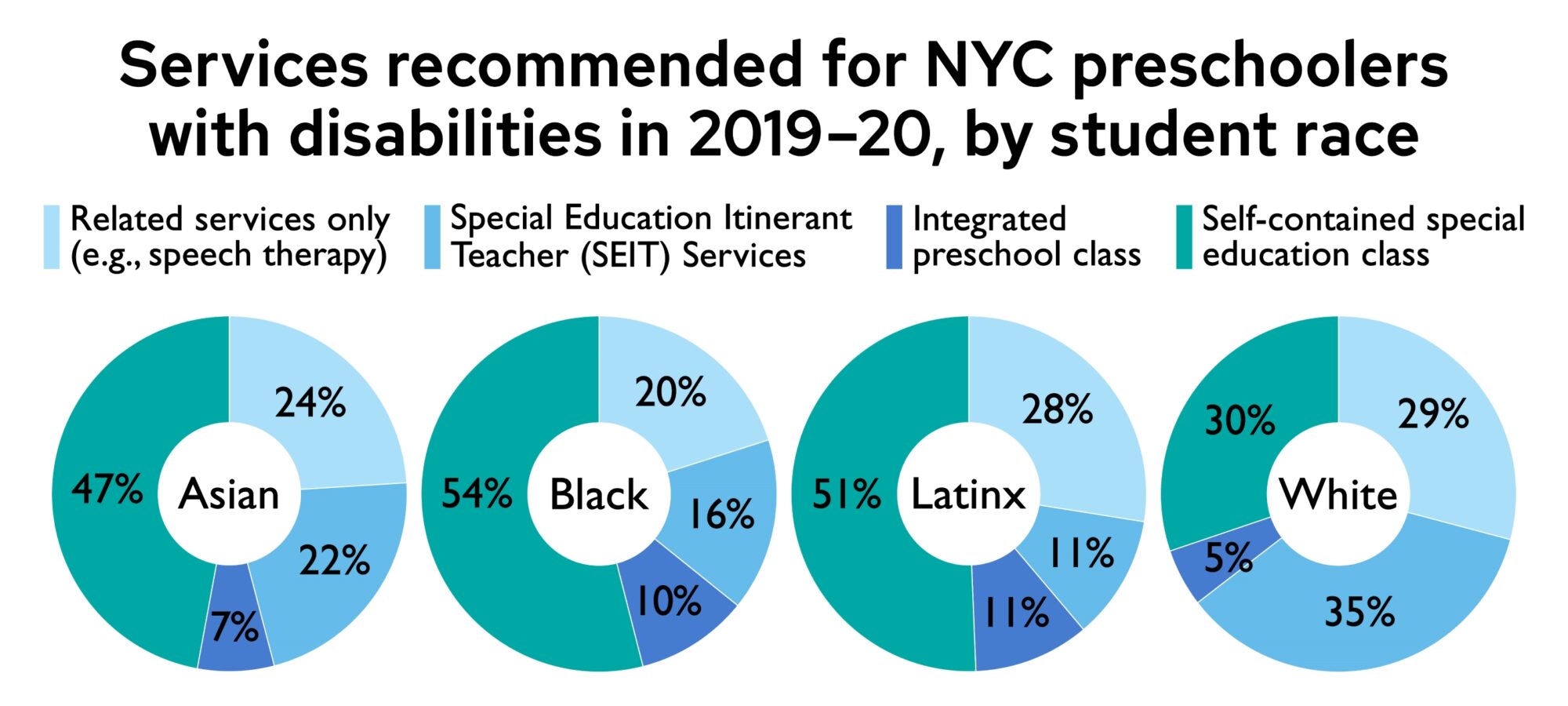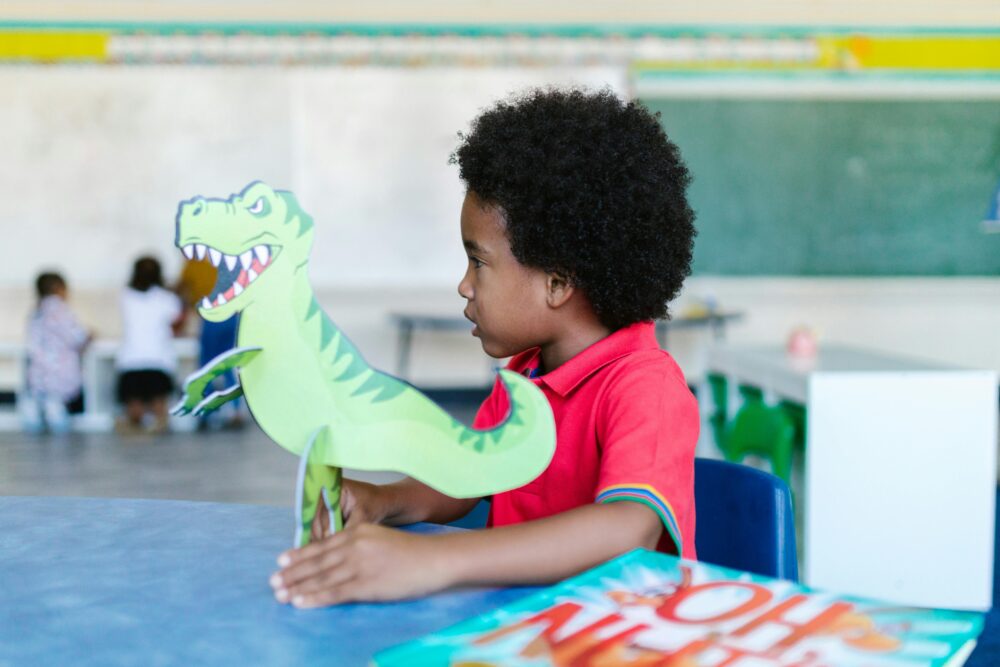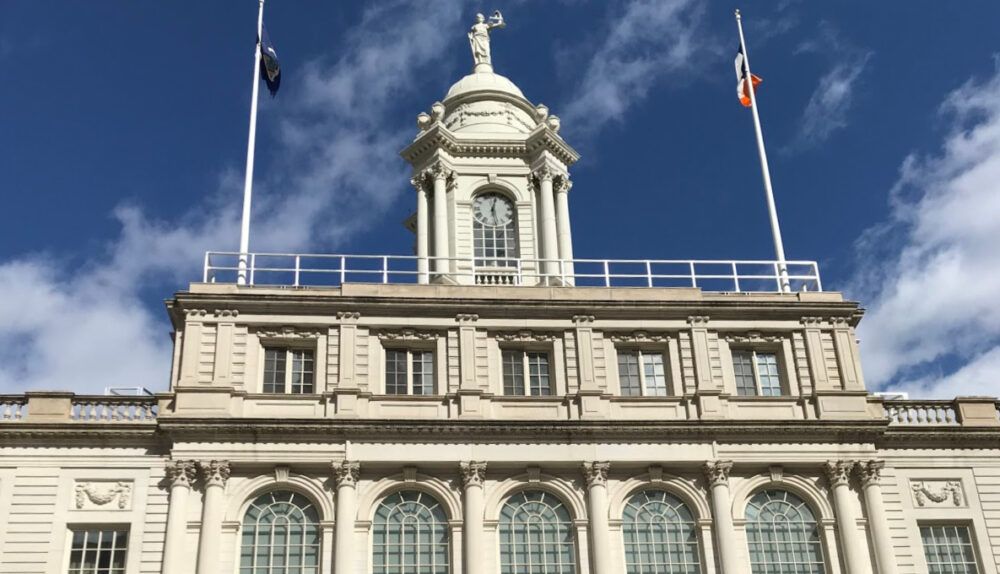Not Yet for All: How the Next Administration Can Make Preschool Truly Universal
This January 2022 data brief found that preschool students with disabilities are being underserved by 3-K and Pre-K for All and are being denied access to special education programs and services to which they have a legal right—with disparities based on race, school district, housing status, and language of instruction.

On January 20, 2022, Advocates for Children of New York (AFC) released a new report, Not Yet for All: How the Next Administration Can Make Preschool Truly Universal, showing that preschool students with disabilities are being underserved by 3-K and Pre-K for All and are being denied access to special education programs and services to which they have a legal right—with disparities based on race, school district, housing status, and language of instruction.
More than 30,600 preschoolers had Individualized Education Programs (IEPs) during the 2019-20 school year, but roughly a third of these students—a total of 10,300 children—did not receive all their mandated services. Key takeaways from our analysis of city preschool special education data, which were made publicly available for the first time in 2021 pursuant to a new city law, include:
- Relative to overall enrollment in 3-K and Pre-K for All, children of color are under-represented among preschoolers receiving special education services, while White children are over-represented. These demographics are starkly different from those of school-age students with disabilities, who are disproportionately Black and Latinx.
- There are notable differences by race in the services recommended for preschool students. More than half of all Black and Latinx preschoolers with disabilities, and 47% of Asian preschoolers with disabilities, had an IEP recommending a self-contained special education class where all children have disabilities, compared to 30% of White preschool students. The City has then failed to provide those classes, leaving children without needed intervention. At the end of the 2019-20 school year, 1,222 students were still waiting for a seat in a preschool special education class; the shortage of seats was particularly acute in the Bronx and southern Queens.
- White children were recommended for special education itinerant teacher services—in which a special education teacher, known as a “SEIT,” comes to a child’s 3-K, pre-K, or child care program for a certain number of hours each week to help include them in a program where they learn alongside children without disabilities—at three times the rate of Latinx preschoolers and more than twice the rate of Black preschoolers.

- The services recommended for children also vary dramatically based on where they live; for example, more than 40% of preschoolers with IEPs in parts of Brooklyn were recommended for SEIT services, compared to just 2.5% of those in District 9 in the Bronx.
- One out of every three preschoolers with disabilities attending 3-K or Pre-K for All programs did not receive all of their mandated services by the end of the school year. In other words, these children did not receive a single session of at least one of their mandated services, such as speech therapy, occupational therapy, or SEIT services. Here, too, there were disparities based on school district, race, housing status, and language of instruction. For example, in Districts 23 (Ocean Hill, Brownsville, and East New York) and 32 (Bushwick), less than half of preschoolers with IEPs in 3-K or Pre-K for All (42.5% and 48.0%, respectively) were fully served, while 81.4% of their peers on Staten Island received all of their preschool special education services.
“Families who are able to navigate the preschool special education process speak proudly of the progress they see their children make after receiving services. Unfortunately, in our experience, parents of preschoolers with disabilities run into roadblocks and delays at every turn.”
Betty Baez Melo, Director of AFC’s Early Childhood Education Project
AFC has assisted more than 1,000 families struggling to navigate the preschool special education process since Pre-K for All was rolled out citywide in fall 2015. Based on our analysis of the data, our work with families, and conversations with parents of preschoolers with disabilities and early childhood education providers, the report calls on Mayor Adams and Chancellor Banks to:
- Ensure successful implementation of recently announced initiatives to integrate preschool special education into 3-K and pre-K and add integrated and self-contained classrooms, including by addressing salary disparities. The City plans to address the shortage of preschool special education classes by rolling out a “contract enhancement” for community-based organizations (CBOs) with the intent of opening 800 new community-based preschool special education class seats in July 2022. The application process for CBOs is underway. But CBOs, which already struggle to recruit and retain special education teachers and staff, will likely be unable to open new classes unless the City addresses salary disparities that are causing their staff—who have demanding 12-month jobs working with young children with the most intensive needs in the City—to leave for 10-month jobs where they can earn higher salaries. The new contract enhancement must include salaries for teachers and staff at community-based preschool special education programs on par with their12-month DOE counterparts so that CBOs can staff their current classes and open the new classes the City needs.
- Support preschoolers with disabilities in inclusive settings where they can learn alongside children without disabilities, starting by hiring related service providers to travel to 3-K/pre-K programs. The City should ensure that all children with disabilities receive their mandated services on site at their 3-K, pre-K, or early childhood program by hiring DOE itinerant service providers who can travel to early childhood programs as needed, especially in underserved communities, instead of relying on independent agencies that often do not have providers available to travel to programs.
- Center the needs of children with developmental delays and disabilities in further expansions of child care and early childhood education. As the new Administration works to further expand early childhood education, it must ensure that all early childhood programs, including center-based and family child care programs, are prepared to serve young children with a range of disabilities and that staff understand how to support families through the referral, evaluation, and service delivery processes.
- Ensure all preschoolers receive the timely evaluations and services they need and address disparities. For example, the DOE should take steps such as increasing access to screenings; bolstering support to families in navigating the preschool special education process; hiring additional evaluators and staff, including bilingual providers; training preschool special education staff; and launching a new data system to ensure children do not fall through the cracks.
“3-K and Pre-K will not truly be ‘for all’ until every preschooler with a disability gets the support and services they need and have a legal right to receive,” said Kim Sweet, Executive Director of Advocates for Children. “The new Administration should take immediate steps to make sure there is a preschool special education class for every child who needs one and that every 3-K and pre-K student gets needed services on site. We look forward to working with the new Administration to prioritize children with disabilities as the City continues working to strengthen early childhood education.”
-
View the press release as a PDF
January 20, 2022
Media Coverage
-
Pre-K not so universal for special needs students, report finds
-
Pre-K for all? NYC’s universal preschool push leaves behind students with disabilities, report finds
-
New data shows racial disparities in special education services for NYC preschoolers
-
Advocates call for NYC preschoolers with disabilities to receive mandated services


